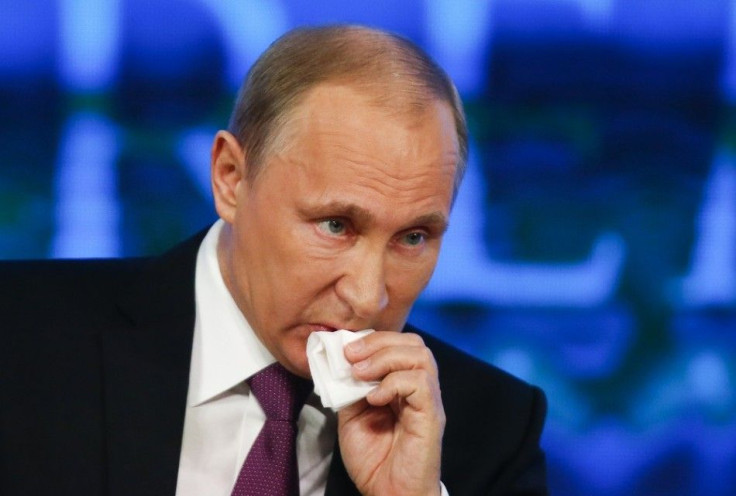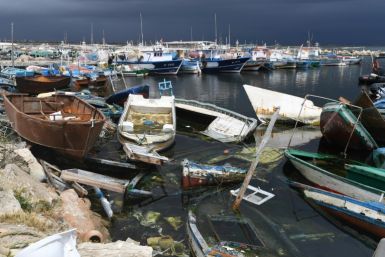Russia and UK in diplomatic row for expelling diplomats by shortening visas; Russian embassy calls it breach of Vienna protocol

A diplomatic row has erupted between Russia and Britain over the U.K. government’s refusal to extend visas to four of its serving diplomats. In a rare public attack, the Russian Embassy in London accused the Home Office and Foreign Office of attempting to “wreck the international order” by breaching the Vienna Convention on diplomatic relations. The Russian embassy alleged that the U.K. deliberately shortened the visas of long-serving diplomats’ by three months than the normal course of one-to-two years, during renewal. It blamed the Home Office for indirectly declaring the diplomats “persona non-grata” and forcing them to "pack up.”
Calling the U.K.’s action as an attempt at “diminishing and limiting the Russian diplomatic presence in the UK and hampering our work,” The Russian embassy spokesman said it is for a state to determine how long its diplomats should serve in an overseas posting. The four diplomats have already returned to Moscow. Those affected include Sergey Nalobin, who has been a popular figure at the Westminster party circuit and a prominent presence in many political party conferences. Nalobin had been in Britain for more than five years.
UK reaction
However, a Foreign Office spokeswoman of the U.K. played down the Russian embassy’s allegations and defended the action: “Visas for diplomats posted to the Russian Embassy in London are issued in accordance with immigration rules and procedures, and in line with arrangements agreed with Russia. Our approach to extending visas for Russian Embassy staff in London reflects the arrangements for British Embassy staff in Moscow,” said the spokeswoman.
The Russian embassy was also bitter that many Russian travelers had been facing lengthy interrogations at the British border. It was again justified by a Home Office spokesman, who said, Border Force officers are entitled to stop visa holders for ensuring that they have not been obtained under false pretences and travelers' circumstances have not changed.
Irritants
The visa row marked the culmination of a few recent incidents that strained the U.K-Russia discourse, including the wrapping up of the inquiry into the death of Alexander Litvenenko, the ex-KGB agent, who died in London in 2006, after drinking poisoned tea allegedly laced with a radioactive isotope. The lawyers claimed that Moscow was behind the killing of the spy.
Then came the anniversary of the downing of flight MH17 in Ukraine and Russia vetoed the motion for a criminal tribunal at the UN. Prime Minister David Cameron hit out at Russia for “standing in the way of justice” by vetoing a UN resolution to set up a criminal tribunal to prosecute the guilty. Another reason for shortening the stay of Russian diplomats is the alleged perception held in the U.K. establishment that those posted are possibly engaged in intelligence-gathering, the news report added.
(For feedback/comments, contact the writer at feedback@ibtimes.com.au or let us know what you think below)






